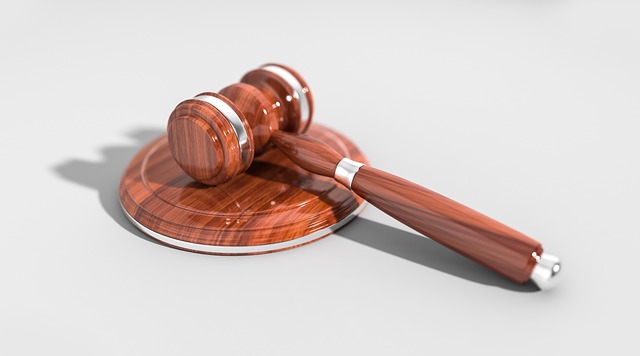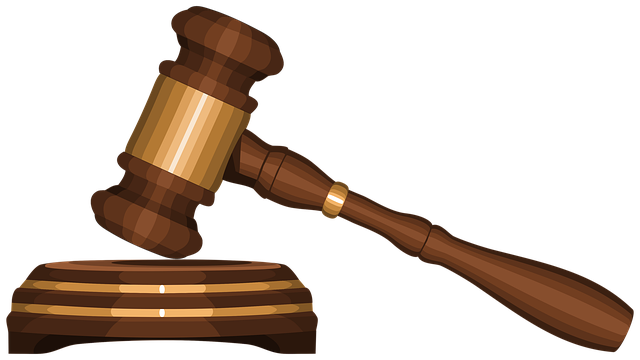Medical malpractice compensation involves claiming damages for harm caused by healthcare professionals' negligence. This process requires legal expertise to understand medical standards and establish fault. Essential steps include identifying grounds for a claim, gathering evidence, filing a complaint, and navigating discovery. Engaging a specialized lawyer improves chances of securing just compensation within strict time limits, avoiding common mistakes like lacking records or miscommunication with insurers.
“New to the world of medical malpractice compensation? This comprehensive guide is your starting point. Learn how to navigate the intricate process of claiming reimbursement for medical errors. We break down ‘medical malpractice compensation’ step by step, from understanding what it covers—including misdiagnosis, treatment errors, and neglect—to avoiding common mistakes that could hinder your claim. By the end, you’ll be equipped with knowledge to advocate for your rights.”
- Understanding Medical Malpractice: What It Covers
- The Process of Claiming Compensation: Step by Step
- Common Mistakes to Avoid When Seeking Reimbursement
Understanding Medical Malpractice: What It Covers

Medical malpractice occurs when a healthcare professional fails to provide care that meets the recognized standard of practice in their field, resulting in harm to a patient. This can include misdiagnosis, improper treatment, medication errors, and neglect. Understanding medical malpractice is crucial for anyone seeking medical malpractice compensation. If you’ve been injured due to someone else’s negligence within a healthcare setting, you may be entitled to damages that cover the costs of your medical care, pain and suffering, lost wages, and more.
An Orlando personal injury lawyer can help navigate this complex process by investigating your case, gathering evidence, and advocating on your behalf. While every situation is unique, successful malpractice claims often involve demonstrating that the healthcare provider deviated from accepted medical practice and that this deviation directly caused your injuries. Unlike a truck accident lawyer dealing with motor vehicle collisions, medical malpractice cases require a deep understanding of medical procedures and standards—a key factor in determining fault and quantifying damages, including what constitutes a personal injury compensation package.
The Process of Claiming Compensation: Step by Step

Claiming medical malpractice compensation is a complex process that requires careful navigation and legal expertise. The journey begins with identifying potential grounds for a claim, which involves understanding the standards of care expected from healthcare professionals and determining if these standards were breached in your case. Once you’ve confirmed the validity of your claim, the next step is to gather essential documentation, including medical records, expert opinions, and any relevant evidence that supports your allegation of malpractice.
The process formalizes with the filing of a complaint or petition at the appropriate legal jurisdiction. This document outlines the specifics of the case, the alleged negligence, and the resulting damages. After submission, the defense is given the chance to respond, leading to what’s commonly known as discovery—an exchange of information and evidence between both parties. This critical phase may involve depositions, medical expert testimony, and further legal arguments, ultimately setting the stage for negotiation or trial. Engaging a seasoned medical malpractice lawyer throughout these steps significantly improves your chances of securing just compensation for elder abuse or wrongful death, should such cases arise.
Common Mistakes to Avoid When Seeking Reimbursement

When pursuing medical malpractice compensation, beginners often fall into traps that can weaken or even derail their claims. Common mistakes include failing to gather comprehensive medical records detailing the error and its impact, waiting too long to file a claim (many jurisdictions have strict time limits), and not seeking legal counsel early on. Miscommunicating with insurance providers or trying to navigate the process alone is another frequent blunder.
Moreover, it’s crucial to avoid downplaying the extent of damages. This includes not documenting all associated costs, such as medical bills, lost wages (in cases like a truck accident settlements where a patient’s ability to work is impacted), and pain and suffering. Ignoring potential fiduciary duty breaches by healthcare providers can also hamper your case. Remember that these mistakes may seem petty but significantly affect the strength of your claim and the final medical malpractice compensation you receive.
Medical malpractice compensation is a complex but crucial topic for patients seeking justice. By understanding what constitutes medical malpractice, familiarizing yourself with the claims process, and avoiding common pitfalls, you can navigate this challenging journey effectively. This beginner’s guide provides a solid foundation, empowering individuals to pursue the rightful reimbursement they deserve for medical negligence.






